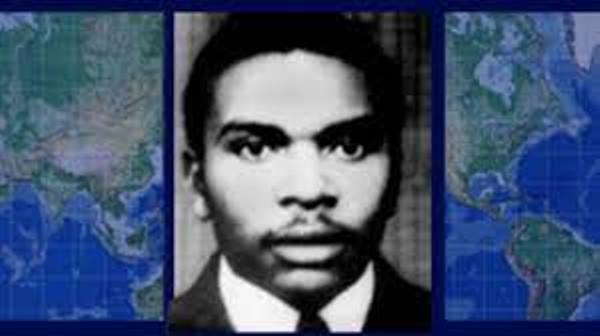
The IRMCT Office of the Prosecutor confirms today the death of Protais Mpiranya, the last of the major fugitives indicted by the International Criminal Tribunal for Rwanda (ICTR) and alleged to have been a senior leader of the 1994 Genocide against the Tutsi in Rwanda. There are now only five outstanding fugitives under the IRMCT’s jurisdiction.
In reaction to today’s announcement, IRMCT Chief Prosecutor Serge Brammertz stated:
“Accounting for the last of the major ICTR fugitives – Protais Mpiranya – is an important step forward in our continued efforts to achieve justice for the victims of the 1994 Genocide against the Tutsi.
For the victims of his crimes, Mpiranya was a feared and notorious fugitive, leader of the Presidential Guard during the Genocide and later a top commander in the FDLR. Confirming his death provides the solace of knowing that he cannot cause further harm.
The results of this investigation are also a testament to the United Nations’ relentless pursuit of accountability for those indicted for the most serious crimes. Nearly three decades after the Genocide, my Office continues to track fugitives and prosecute our remaining cases, like the trial of Felicien Kabuga, while also giving our support to national prosecutions in Rwanda and elsewhere.
I would like to extend our gratitude to partners whose contributions were essential. The Government of Rwanda continues to be among our strongest supporters and played an important role in this investigation. Law enforcement agencies and prosecution services from Belgium, France, Netherlands, Spain, the United Kingdom, the United States, Zimbabwe and elsewhere also provided assistance. My Office would like to further recognize again the excellent forensic support provided by the Netherlands Forensic Institute, which conducted the DNA analysis of Mpiranya’s remains.”
As Commander of the Presidential Guard, Mpiranya was indicted by the ICTR in 2000, which was made public in 2002. He was charged with eight counts of genocide, complicity in genocide, crimes against humanity and war crimes. Notably, he was charged with responsibility for the murders of senior moderate Rwandan leaders at the start of the genocide, including Prime Minister Agathe Uwilingiyimana, the President of the Constitutional Court, the Minister of Agriculture and the Minister of Information. He was also charged with the murders of ten Belgian United Nations peacekeepers during that same period.
Following a challenging and intensive investigation, the OTP has determined that Mpiranya died on 5 October 2006 in Harare, Zimbabwe. Following the publication of the ICTR indictment against him, Mpiranya fled to Zimbabwe in late 2002, where he resided until his death. Mpiranya’s presence in Zimbabwe, and later the fact of his death, were deliberately concealed by the concerted efforts of his family and associates, including up to the present. A summary of the results of the OTP’s successful investigation, which uncovered many key facts despite difficult circumstances, can be found at the IRMCT’s website.
The OTP will submit a motion to IRMCT judges in due course to officially close the case against Mpiranya.
The International Residual Mechanism for Criminal Tribunals, also referred to as the IRMCT or the Mechanism, is an international court established by the United Nations Security Council in 2010 to perform the remaining functions of the International Criminal Tribunal for the former Yugoslavia (ICTY) and the International Criminal Tribunal for Rwanda (ICTR) following the completion of those tribunals’ respective mandates. (End)
